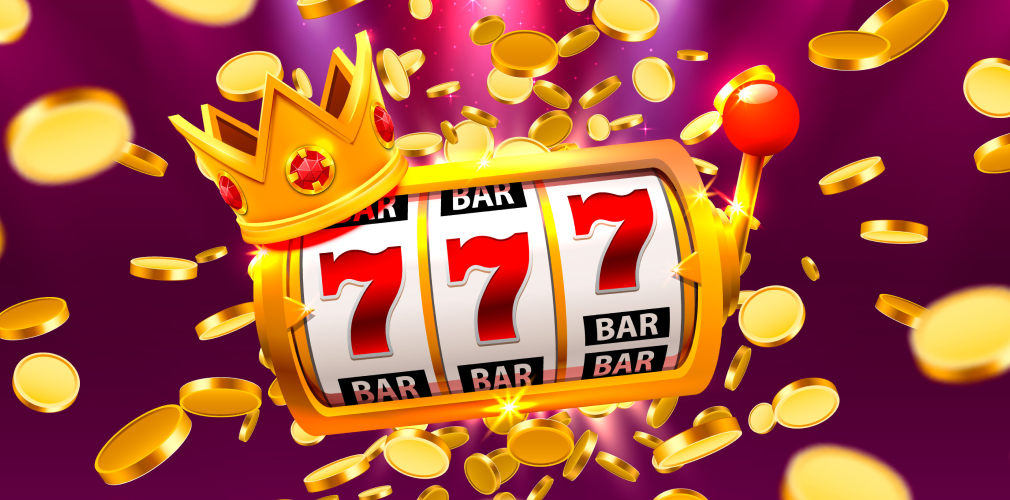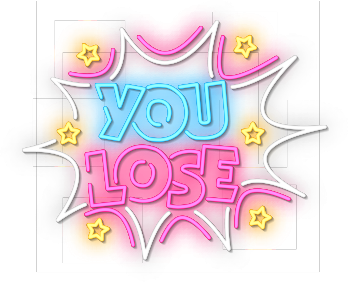02 Jan, 2024
Poker Angle Shooting: What It Is and How to Spot It
Angle shooting is when a poker player attempts to gain an unfair advantage over others without technically violating the rules. It’s not exactly cheating, but it’s seen as sneaky and disrespectful. Most players don’t like it, and some will even avoid games where known angle shooters are playing.
If you play live poker or home games, it’s good to know what angle shooting looks like—so you don’t fall for it.
What Is Angle Shooting in Poker?
Angle shooting is a tactic where a player uses deceptive moves to trick or confuse their opponents. It doesn’t break official rules, but it breaks the unwritten rules of fairness. These moves are designed to mislead, create confusion, or take advantage of inexperienced players.
Some players justify it by saying, “If it’s not against the rules, it’s fine.” However, poker is about respect, and this kind of behavior creates a hostile atmosphere at the table.
Why Angle Shooting Is a Problem
Poker is supposed to be a fair game. When someone angle shoots, they’re not playing fair—they’re trying to win by being sneaky, not smart. It also drives away casual players, who are essential for keeping games fun and profitable.
If you get a reputation as an angle shooter, other players may avoid you, and you might not get invited to good games. So even if someone pulls it off once or twice, in the long run, it usually works against them.
5 Common Angle Shooting Tricks to Watch Out For
Here are the most common ways angle shooters try to gain an unfair edge:
1. Going South
This is when a player wins a big pot and secretly removes chips from the table. For example, they win $2,000 in a cash game and sneak $500 into their pocket so it’s no longer at risk. Most poker rooms don’t allow this, but it’s hard to prove unless you catch it right away.
How to protect yourself: Watch the stacks after big hands. If someone’s chip stack suddenly shrinks without a significant loss, speak up.
2. Hiding Big Chips
Some players conceal high-value chips behind smaller ones to make it appear as though they have fewer chips than they do. This can trick you into going all-in, thinking they can’t call—only to find out they have a whole stack.
How to protect yourself: Always ask for a chip count if you’re unsure how much someone has. It’s your right to know.
3. The Pump Fake
A player picks up a big stack of chips and moves them forward like they’re going to bet—then pulls them back. The goal? To see your reaction. If you flinch or look nervous, they’ve just gathered free information.
How to protect yourself: Stay calm, and don’t react to chip movements until the chips actually hit the felt.
4. Misdeclaring a Hand
At showdown, someone might say, “I have a full house,” but then flip over something like Ace-high. If you believed them and threw your hand away, you just gave up the pot.
How to protect yourself: Never muck your hand until you see the other player’s cards. Don’t trust what people say—trust what they show.
5. Acting Out of Turn
Sometimes a player will say “raise” or “call” before it’s their turn, hoping to influence your decision. If you’re unsure what’s happening, you might fold a winning hand based on what you heard.
How to protect yourself: If someone acts out of turn, ignore it. Most places enforce the rule only if the action doesn’t change before them. Use their mistake to your advantage instead.
Is Angle Shooting Illegal?
No, angle shooting isn’t technically illegal in poker. But that doesn’t make it okay. It’s like cutting in line—no one might stop you, but it still makes you look bad.
Poker rooms and tournament organizers can issue warnings or even remove repeat offenders. In home games, it can get you uninvited. Although it’s not against the rulebook, it’s against poker etiquette.
Final Thoughts: How to Handle Angle Shooters
Stay calm. Don’t lose your cool when you spot an angle shooter. That’s what they want.
Call the floor if needed. If you’re in a casino or card room, ask a dealer to call the floor manager. They’ve seen it all before.
Protect your chips and your cards. Always know your stack, and don’t fold your hand until you’re sure you lost.
Speak up if it happens. Even if it’s awkward, letting others know you saw it might stop the behavior.
Poker is a game of skill, psychology, and strategy—but it should also be fair. Don’t let angle shooters ruin the game for you or anyone else. The more you know, the harder it is for someone to take advantage of you.


